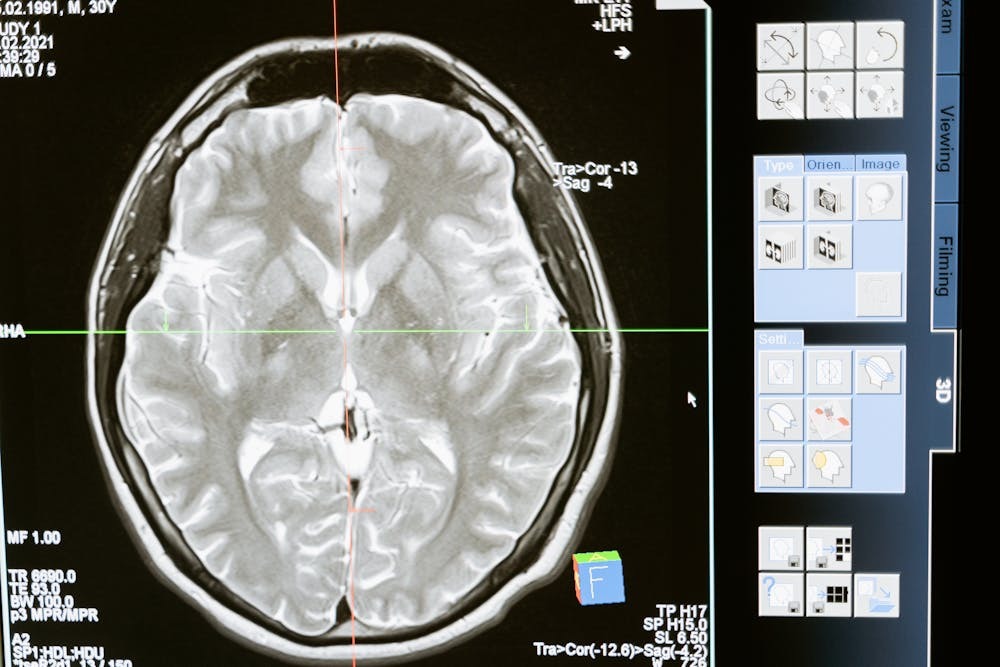If you are hurt or you think you may be hurt, then you should get treatment. If you believe you may be seriously injured or you do not know the seriousness of your injuries you should go to the emergency room. Evaluate your pain level.
Your accident may not have seemed serious, but you could have serious injuries. Head, neck, and upper back injuries can occur at speeds as low as 4 mph. These injuries can include concussions, whiplash, and even herniated discs.
Injuries can be unpredictable. If you have injuries to your head, neck, or back, it is best to go the ER.
You may decide to go to urgent care, or you may go to your family doctor or to a chiropractor. The decision is yours.
If you do not seek medical advice from a professional, it will be difficult to determine how serious your injuries are and you may not get the treatment that you need.









